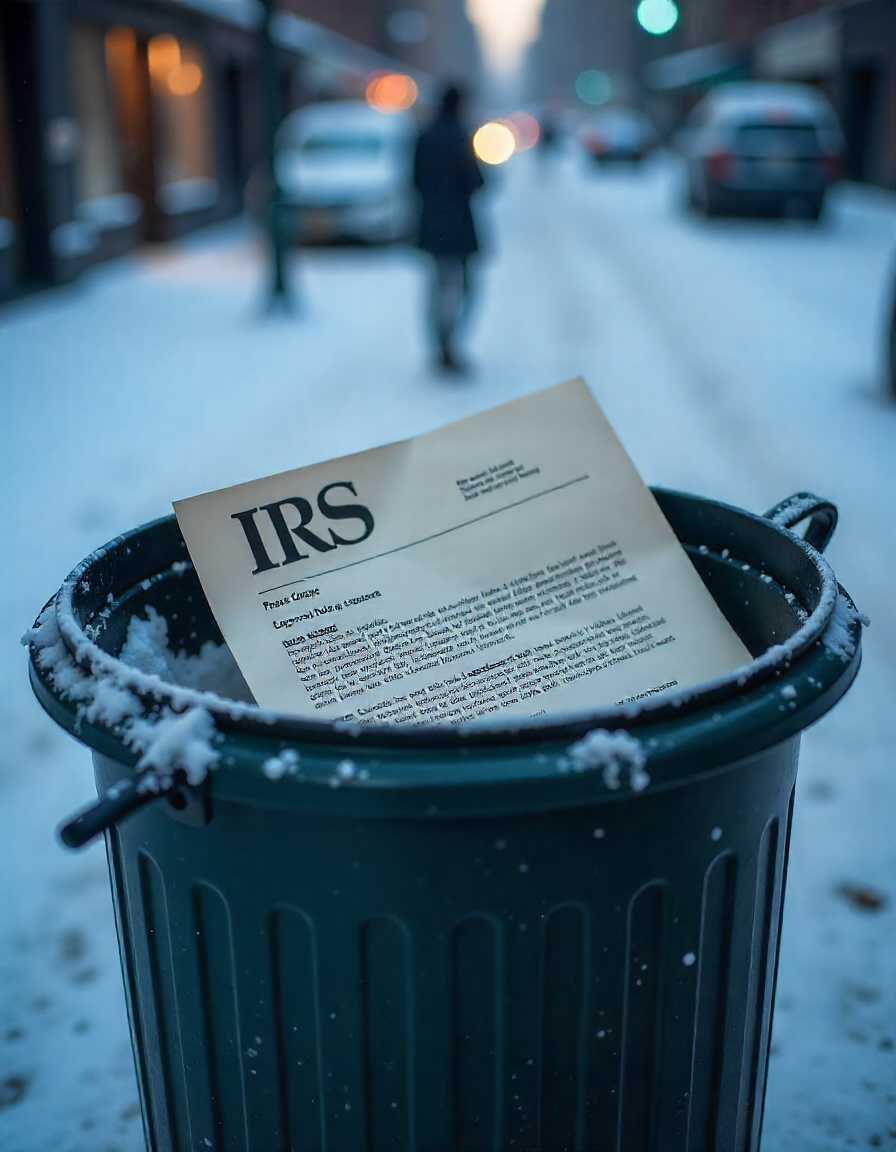As tax season approaches, vigilance is more important than ever. Each year, the IRS releases its “Dirty Dozen” list: a roundup of the most common and dangerous tax scams targeting individuals, businesses, and tax professionals. Understanding these scams and knowing how to protect yourself is essential for safeguarding your finances and personal information.
Latest IRS Dirty Dozen Scams
1. Phishing Schemes
Phishing scams involve cybercriminals sending fraudulent emails, text messages, or even social media messages that appear to come from the IRS or other legitimate organizations. These messages often contain urgent language, prompting you to click on malicious links or provide sensitive information such as your Social Security number or bank details.
How to protect yourself:
- Never click on links or download attachments from unsolicited emails or texts claiming to be from the IRS.
- The IRS will never initiate contact with taxpayers via email, text, or social media to request personal or financial information.
- If you receive a suspicious message, report it to the IRS at [email protected].
2. Tax Identity Theft
Tax identity theft occurs when criminals use your stolen personal information to file fraudulent tax returns and claim refunds in your name. Victims often discover the fraud when they attempt to file their own return and are informed that one has already been filed.
How to protect yourself:
- Monitor your credit report regularly for unfamiliar activity.
- Use IRS Identity Protection PINs (IP PINs) if eligible, which add an extra layer of security to your tax filings.
- Store sensitive documents securely and shred any paperwork containing personal information before disposal.
3. Scam Phone Calls
Scammers impersonate IRS agents over the phone, often using caller ID spoofing to make it appear as if the call is from the IRS. They may threaten arrest, deportation, or license revocation unless immediate payment is made, typically via wire transfer or prepaid debit card.
How to protect yourself:
- Remember, the IRS will never call to demand immediate payment or threaten you with law enforcement action.
- Do not provide any personal or financial information over the phone.
- If you receive a suspicious call, hang up immediately and report the incident to the Treasury Inspector General for Tax Administration (TIGTA).
4. Unemployment Fraud
With the increase in unemployment benefits, scammers have exploited the system by filing fraudulent claims using stolen identities. Victims may receive unexpected tax forms (such as a 1099-G) for benefits they never received.
How to protect yourself:
- Review all benefits statements and tax forms for accuracy.
- If you receive a 1099-G for benefits you did not claim, report it to your state unemployment agency and the IRS.
- Be cautious about sharing personal information, especially on job search websites.
5. Fake Charities
Scammers set up fake charities, especially after natural disasters or during times of crisis, to solicit donations from well-meaning taxpayers. These fraudulent organizations pocket the money instead of using it for charitable purposes.
How to protect yourself:
- Always verify a charity’s legitimacy through the IRS’s Tax Exempt Organization Search or your state’s charity regulator.
- Be wary of high-pressure donation requests or charities that only accept cash, gift cards, or wire transfers.
- Keep records of all charitable donations for your tax records.
6. Unlicensed Tax Preparers
Some individuals pose as tax professionals without proper credentials, promising large refunds or charging exorbitant fees. They may file false returns or steal your personal information for identity theft.
How to protect yourself:
- Choose a reputable tax preparer with a valid Preparer Tax Identification Number (PTIN).
- Check the preparer’s credentials and reviews, and avoid those who base their fees on the size of your refund.
- Never sign a blank or incomplete tax return.
Protecting Yourself from Tax Scams: Best Practices
- Stay Informed: Regularly review IRS updates and publications to stay aware of the latest scams.
- Verify Contact: If you’re contacted by someone claiming to be from the IRS, independently verify their identity using official IRS contact information.
- Secure Your Information: Use strong, unique passwords for all financial accounts, and avoid sharing sensitive information over unsecured channels.
- File Early: Submitting your tax return early can help prevent fraudsters from filing in your name.
- Report Suspicious Activity: If you suspect you’ve been targeted by a scam, report it immediately to the IRS and relevant authorities.
Stay Vigilant and Informed
The IRS Dirty Dozen list is a crucial reminder to remain alert during tax season. By understanding the most common scams and adopting proactive security measures, you can significantly reduce your risk of falling victim to fraud. Protect your finances, safeguard your personal information, and consult with trusted professionals if you have any concerns. For more resources or personalized assistance, reach out to our team of tax experts.


